You can verify your eligibility before traveling by visiting this link (CLICK HERE)

Top Stories

In today's fast-paced world, frequent travelers are always on the lookout for credit cards that maximize their rewards while minimizing costs. Travel-oriented credit cards without annual fees offer a compelling solution by providing valuable perks such as rewards transfer options, partnerships with major airlines and hotels, and waivers on foreign transaction fees.
These cards are designed to help travelers earn points or cashback on everyday purchases, making them a smart choice for anyone who travels regularly—whether for business or leisure.
As we delve into the best credit cards for 2025, it's essential to consider factors like earning potential, flexibility in redeeming rewards, and additional benefits that can enhance your travel experience. Many of these cards not only save you money but also come with features like travel insurance, purchase protection, and access to exclusive travel deals. Here’s a detailed look at some of the top choices for 2025.

The Capital One VentureOne Card stands out with a flat 1.25x miles on every dollar spent. It waives fees for international transactions, making it a rare gem among no-annual-fee cards. Cardholders can transfer miles 1:1 to over a dozen airlines and hotels, enhancing travel flexibility.
Additionally, the card offers no foreign transaction fees and provides access to travel protections like auto rental insurance and travel accident insurance, making it an excellent choice for frequent flyers.
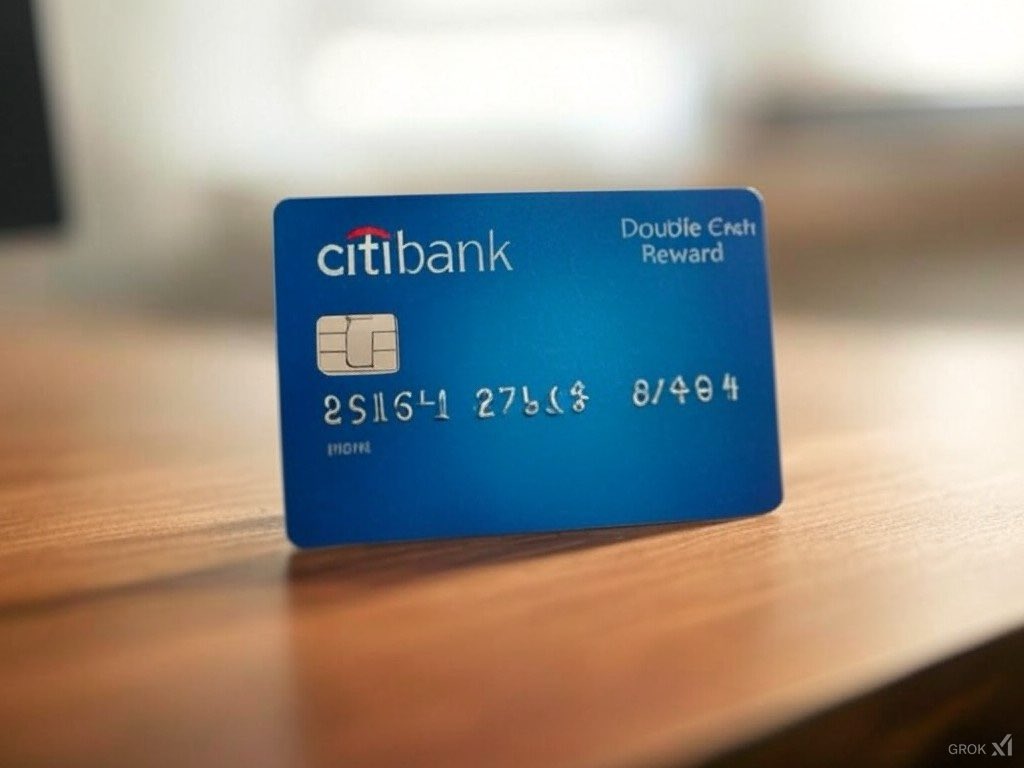
With the Citi Double Cash Card, you earn one ThankYou point for every purchase and an extra point when you make a payment. This structure mimics a 2% cashback model, allowing for significant rewards on everyday spending. The card has no annual fee and offers 0% intro APR on balance transfers for the first 18 months, making it a solid option for managing existing debt.
If you also hold the Citi Strata Premier Card, you can convert points into airline miles, providing even more travel opportunities.
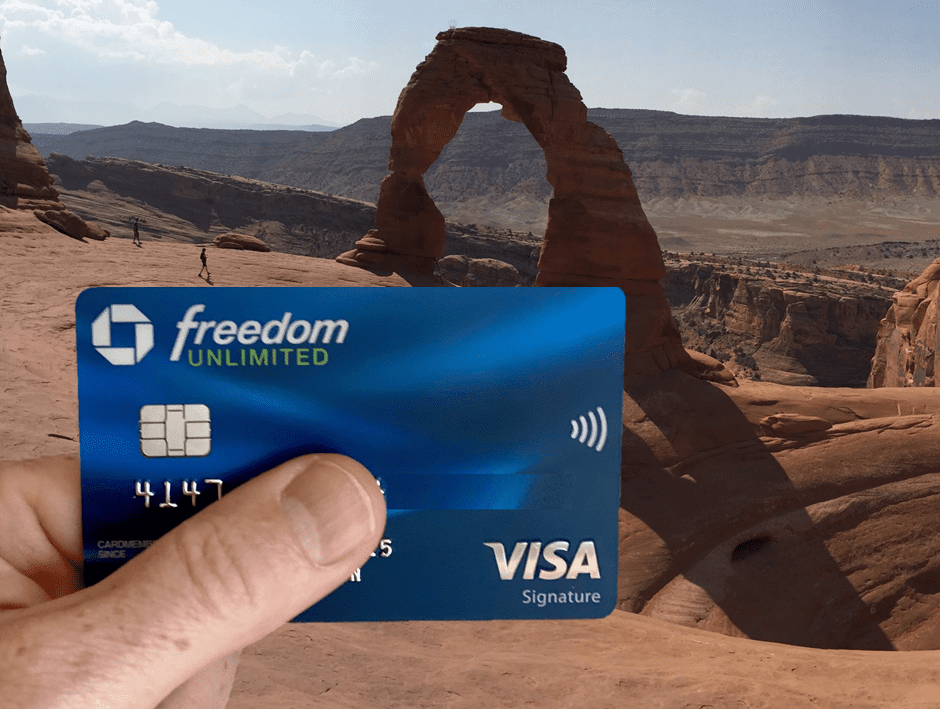
The Chase Freedom Unlimited Card allows cardholders to earn 5x points on Chase Travel reservations, 3x points on dining and drugstore purchases, and 1.5x points on all other expenditures. Points can be transferred to major airlines and hotel partners when linked with premium Chase cards like the Sapphire Preferred or Sapphire Reserve.
This card also includes purchase protection and extended warranty benefits, making it a versatile option for travelers and everyday spenders alike.
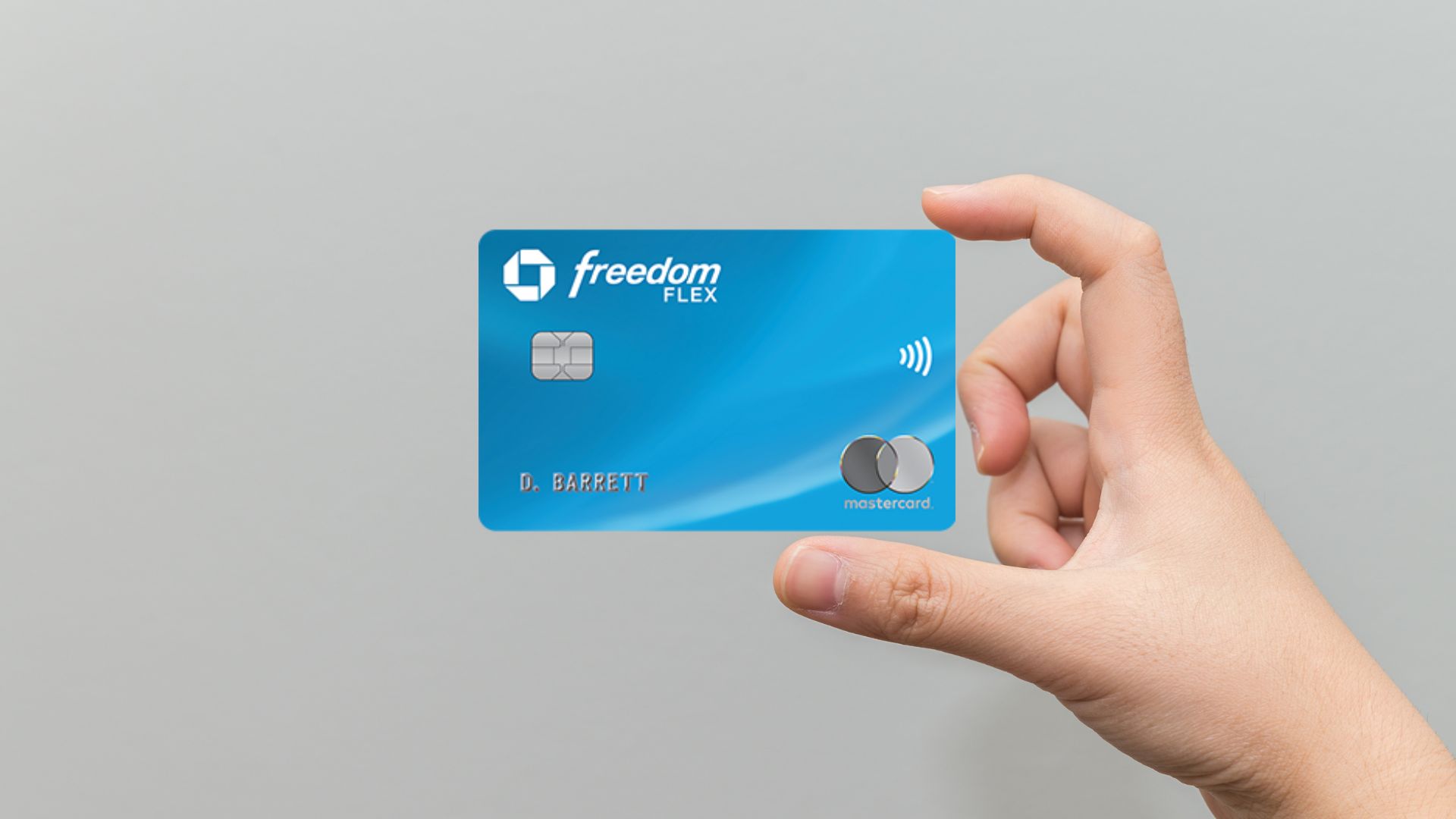
Offering 5x points on rotating quarterly bonus categories (up to $1,500), the Chase Freedom Flex Card is ideal for those who can strategize their spending. It also provides 5x points on Chase Travel, 3x points on dining and pharmacy purchases, and 1x on all other purchases. The card includes benefits like cell phone protection and trip cancellation insurance, adding extra value for travelers who want to maximize rewards while minimizing costs.
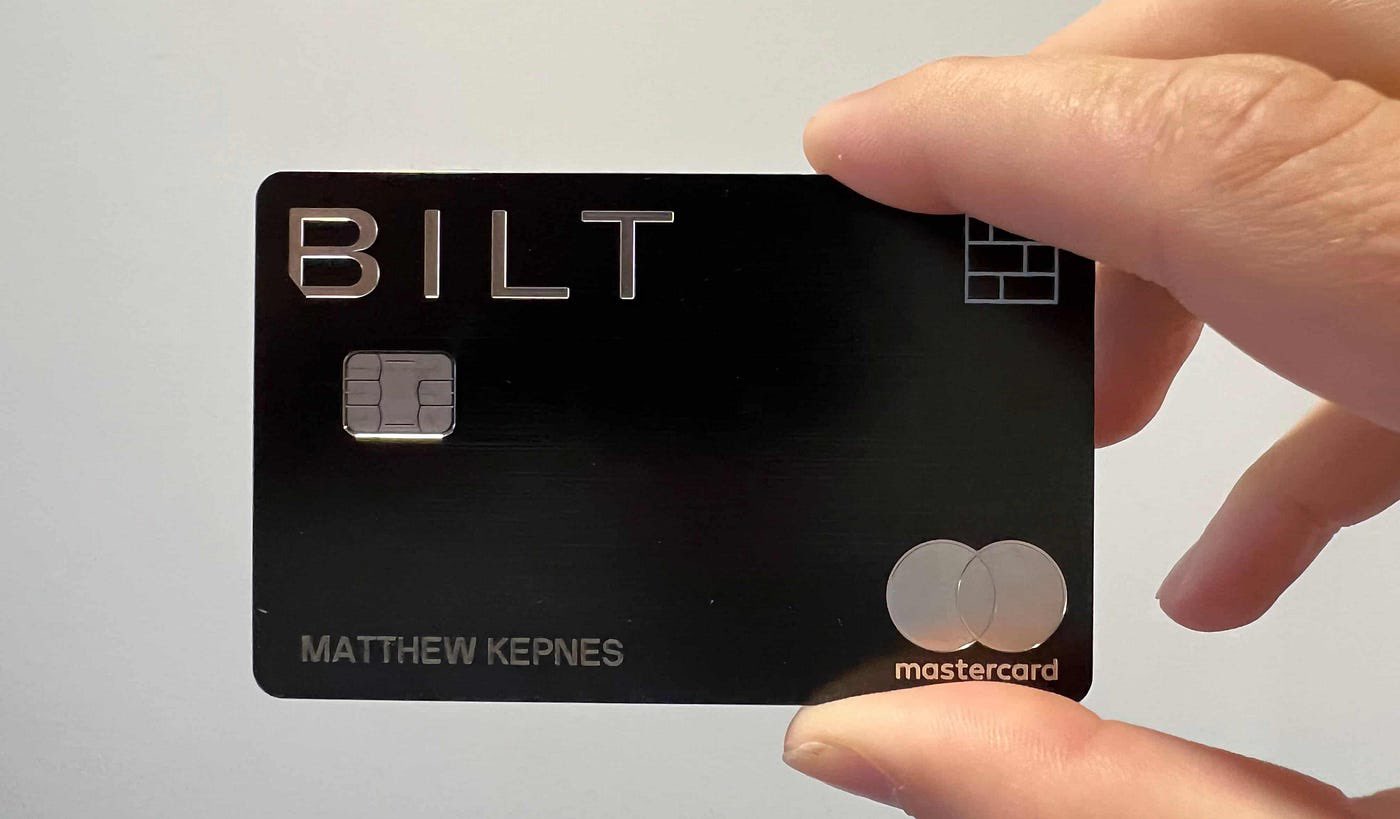
The Bilt Mastercard is designed specifically for renters, allowing cardholders to earn 1x points on rent payments, 3x points on dining, and 2x points on travel. To earn points, users must make a minimum of five transactions each month, but the effort is worthwhile given the absence of foreign transaction fees. Additionally, Bilt points can be used for travel, cash back, or even to pay rent, making it highly flexible for urban dwellers and frequent travelers.

The Capital One Spark Cash Select credit card offers a 1.5% cashback rate on all purchases without an annual fee. While it doesn’t reach the 2% tier, the lack of foreign transaction fees makes it ideal for businesses with international expenditures. The card also includes complimentary employee cards at no additional cost, allowing businesses to earn rewards on all purchases made by employees, enhancing overall cashback potential.
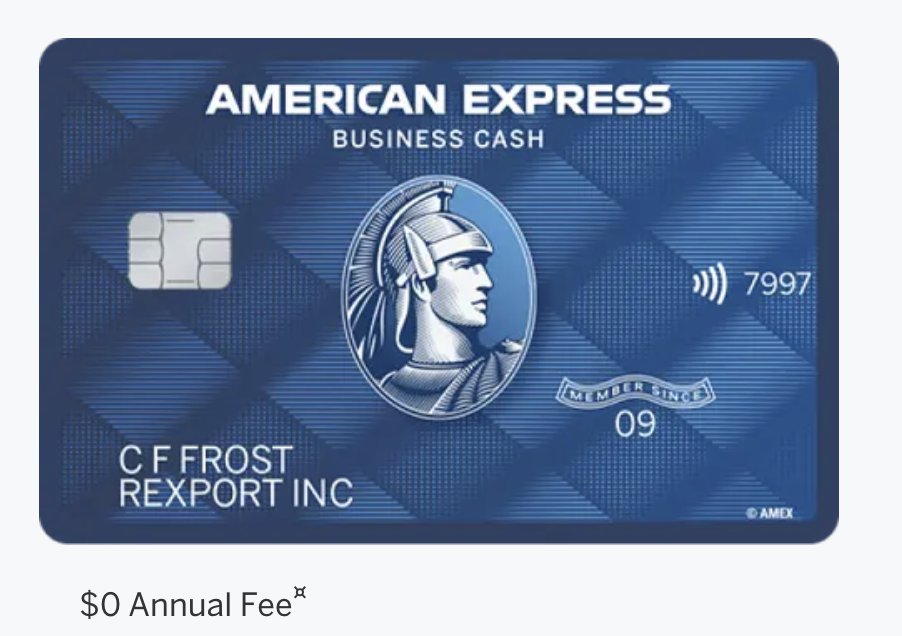
The American Express Blue Business Cash Card is perfect for businesses that prioritize cashback on domestic purchases. It offers 2% cashback on the first $50,000 spent each year (then 1%), and it has no annual fee. Additionally, it provides expense management tools and insights via the Amex app, allowing business owners to track spending and manage cash flow efficiently.
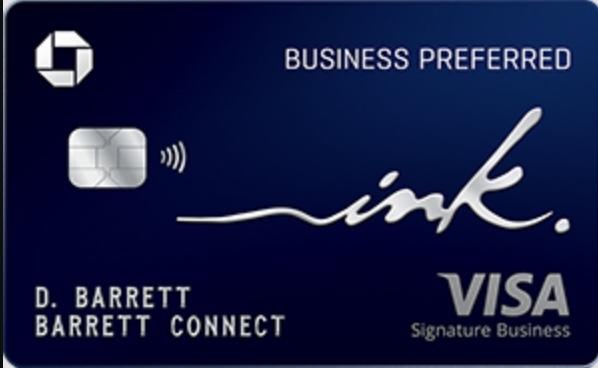
The Chase Ink Business Unlimited Credit Card provides a generous welcome bonus and no annual fee, allowing users to earn 1.5x points on all purchases. Points can be redeemed for cash or transferred to travel partners for greater value when paired with premium Ultimate Rewards cards like the Sapphire Reserve for Business. The card also includes purchase protection, extended warranty benefits, and no foreign transaction fees, making it a reliable choice for businesses with varied spending needs.
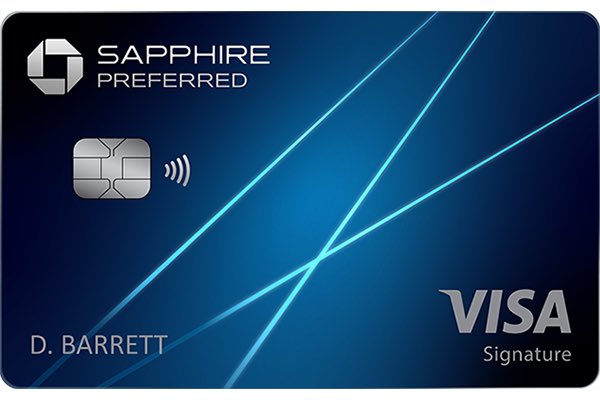
The Ink Business Cash Credit Card features no annual fee and one of the largest welcome bonuses among no-fee business cards. It earns 5x points on the first $25,000 spent annually at office supply stores, 5x points on internet, cable, and phone services, and 2x points on the first $25,000 at restaurants and gas stations. Combined with a premium Ultimate Rewards card, this card allows businesses to convert cashback into travel rewards, unlocking greater value.
Travel-focused credit cards with no annual fees deliver substantial rewards, transfer options, and waivers on foreign transaction fees. They provide solid returns on spending, catering to both frequent flyers and business owners alike, whether the goal is cashback, points, or miles. These cards not only enhance travel experiences but also offer valuable protections and benefits, making them an essential tool for savvy spenders.
Stay connected for more updates, and follow us on social media!

If you’re planning a trip to Europe in 2025, selecting the right country for your Schengen visa application is more important than ever, as approval rates vary widely across the 29 Schengen member states. Recent data shows that while the average Schengen visa approval rate dropped to just 52.2% in 2024, some countries remain far more welcoming to applicants than others.
Schengen Countries With the Highest Visa Approval Rates (2024–2025)
Here’s a list of Schengen countries, ranked by their approval rates based on the latest available data:
| Country | Approval Rate (%) 2024 | Notes |
|---|---|---|
| Iceland | 91.25 | Remains the top visa-friendly nation. |
| Slovakia | 89.25 | Efficient processing, less crowded. |
| Italy | 88.72 | High for most nationalities, large applicant volume. |
| Romania | 88.36 | New to Schengen, now fully included. |
| Switzerland | 88.12 | Consistent and approachable processes. |
| Hungary | 87.23 | Tourism-friendly, transparent. |
| Norway | 87.20 | Stable, fast approvals. |
| Greece | 85.86 | Popular with tourists, good approval odds. |
| Austria | 85.78 | Reliable and accessible. |
| Luxembourg | 85.65 | Low volume means more attentive review. |
Other countries noted for favorable acceptance rates (though not always in the top ten for 2025) include Latvia, Lithuania, Portugal, Bulgaria, and Finland.
The Schengen Area comprises 29 countries49:
Austria
Belgium
Bulgaria
Croatia
Czech Republic
Denmark
Estonia
Finland
France
Germany
Greece
Hungary
Iceland
Italy
Latvia
Liechtenstein
Lithuania
Luxembourg
Malta
Netherlands
Norway
Poland
Portugal
Romania
Slovakia
Slovenia
Spain
Sweden
Switzerland
To increase your chances of success, double-check all documents, provide clear travel and financial plans, and consider applying through countries with the best approval records, especially if you face a tight travel deadline or come from a country with historically higher rejection rates.
By strategically choosing Iceland, Slovakia, Italy, or similar countries with high acceptance rates, travelers can enjoy a smoother visa experience and maximize their chances of exploring Europe in 2025.

The prime time to explore Qatar is between November and April. During these cooler months, temperatures typically range from 18°C to 30°C (64°F to 86°F), creating a lovely atmosphere for outdoor activities and sightseeing.
The winter months—December through February—are particularly delightful, with average highs hovering between 20°C and 25°C. This milder climate is perfect for wandering through vibrant souqs, admiring desert landscapes, and enjoying Qatar's beautiful waterfront attractions.
In contrast, the summer months from May to September can be challenging due to extreme heat, with temperatures often exceeding 40°C (104°F) and high humidity, especially in July and August. This is known as the off-season, which brings lower hotel rates and fewer crowds. However, outdoor activities are limited, leading most visitors to seek refuge in air-conditioned indoor attractions.
Qatar's cultural calendar is especially vibrant from November to March, aligning with the peak tourist season. Notable events for 2025 include:
Even in summer, Qatar offers unique indoor activities, including art exhibitions and special programs at museums and malls.
| Month | Avg. High | Avg. Low | Notes |
|---|---|---|---|
| January | 22°C | 14°C | Coolest month, many outdoor events |
| March | 26°C | 17°C | Start of warmer weather |
| May | 37°C | 25°C | Heat begins to rise |
| July | 41°C | 30°C | Peak heat and high humidity |
| October | 35°C | 24°C | Heat eases, events start |
| November | 29°C | 21°C | Ideal weather returns |
Dress Code: Modesty is important—women should cover shoulders and knees, while men should avoid shorts in public, especially near religious sites.
Cultural Respect: As a conservative Muslim country, it’s crucial to respect local customs, particularly during Ramadan when eating, drinking, or smoking in public is prohibited during daylight hours.
Transport: Getting around is easy with taxis, rideshares, and the Doha Metro system. The Corniche is perfect for evening strolls or bike rides.
Accommodation: Options range from budget hotels to luxury resorts. Booking in advance is highly recommended during peak season.
Winter (Nov–Mar): Ideal for sightseeing, festivals, outdoor adventures, and camping.
Shoulder Months (Apr, May, Oct): Generally enjoyable, but be prepared for occasional heat and sandstorms.
Summer (Jun–Sep): Best for indoor attractions and bargains, but avoid outdoor activities during midday.
In summary, visiting Qatar from November to April offers the best weather and a rich array of festivals and events. With a unique blend of modern attractions and deep cultural traditions, there is something for every traveler year-round. Planning your visit around the weather will ensure you make the most of your trip!

Are you dreaming of a memorable vacation without the hassle of visa applications?
Qatar Airways invites you to embark on a journey to some of the world’s most stunning destinations that welcome Gulf Cooperation Council (GCC) nationals and residents without requiring prior travel visas. From European coastlines to idyllic Indian Ocean islands, unforgettable adventures await.
Travel through time amid the serene landscapes of Armenia in the heart of the South Caucasus. Start in Yerevan, one of the world’s oldest cities, where wide boulevards and elegant Republic Square come alive at night with musical fountain shows.
Explore the fusion of Soviet and classical architecture, including the iconic pink volcanic stone buildings, and don’t miss the Matenadaran Museum with its priceless ancient manuscripts. GCC nationals and residents can enter Armenia visa-free from July 1 to December 31, 2025.
Indonesia’s charm lies in its diverse cultures and the radiant smiles of its people. In Bali, bask in turquoise beaches and lush rice terraces, enjoy family-friendly surfing lessons, or go on a safari adventure.
Yogyakarta offers a deep dive into Javanese heritage with its historic temples, while the tranquil Gili Islands provide the ultimate escape. Don’t forget to taste the iconic chicken satay with peanut sauce! GCC nationals, among 169 eligible countries, can get a 30-day visa on arrival.
Explore Morocco’s varied climate and exciting landscapes, from the Mediterranean-Atlantic charm of Tangier to the ancient tanneries of Fez. Wander Marrakech’s lively souks and venture to Merzouga, your gateway to the Sahara.
Travel between cities by train and experience Morocco’s rich cuisine, featuring dishes like tagine and couscous. GCC nationals can visit visa-free, while many residents are eligible for an easy e-visa.
Seeking serenity and luxury? The Maldives offers overwater villas, pristine white-sand beaches, and captivating coral reefs. Adventurers can enjoy diving, kayaking, or marine life tours in glass-bottom boats. All nationalities receive a visa on arrival in this island paradise.
Turkey perfectly blends Europe and Asia, making it ideal for families and couples alike. Discover Ottoman mosques, palaces, and bustling bazaars before a peaceful evening by Istanbul’s Bosphorus.
Soar over Cappadocia’s ancient landscapes by hot air balloon, or unwind in the lush Black Sea region of Trabzon and Uzungöl. GCC nationals can travel visa-free to Turkey.
Be sure to check the latest travel requirements before booking. Some countries may require specific professions or minimum residency validity for visa-free entry. Always consult official government sources to stay updated on the latest travel rules and guidelines.
Your next unforgettable adventure is just a flight away — and no visa is needed!

Thailand continues to attract international tourists with its unique blend of ancient temples, vibrant street markets, stunning beaches, and a rich culinary scene. The country’s northern regions, including Chiang Mai and Chiang Rai, are especially popular during this season for their cooler temperatures, scenic mountain landscapes, and cultural festivals. Visitors can explore historic sites, participate in traditional Thai festivals, and enjoy world-renowned Thai cuisine.
For Pakistani travelers, Thailand remains a top destination due to its affordability, diverse attractions, and welcoming atmosphere. The introduction of the e-visa facility has made the travel process more convenient. Pakistani citizens no longer need to visit the embassy in person; instead, they can complete the entire application process online.
To apply for a Thai visa, Pakistani nationals must prepare several documents, including a valid passport, recent photographs, confirmed hotel bookings, and a return air ticket. A crucial requirement is a bank statement showing a minimum balance of Rs350,000 per person maintained over the previous six months. This financial proof ensures that applicants can support themselves during their stay.
The official Thai e-visa website (https://www.thaievisa.go.th/) is the designated platform for submitting applications. After filling out the online form and uploading the necessary documents, applicants pay the visa fee online. The fee varies: Rs27,900 is charged if applying without a confirmed ticket, while the rate drops to Rs19,500 for a one-month visit visa with a booked ticket.
Once the application is approved, travelers receive a confirmation email. This document must be printed and presented to both airline staff at departure and Thai immigration officials upon arrival. It is important for travelers to ensure all documents are in order to avoid any issues during their journey.
Thailand offers a wide range of experiences, from bustling city life in Bangkok to tranquil beach resorts in Phuket and Krabi. Adventure seekers can enjoy activities such as snorkeling, trekking, and exploring national parks. For those interested in shopping, Thailand’s markets and malls offer everything from local handicrafts to international brands.
Travelers are also advised to check the latest travel advisories and health requirements, including any vaccination or health insurance mandates, before departure. With its streamlined visa process and diverse attractions, Thailand remains an accessible and exciting destination for Pakistani tourists in 2025.